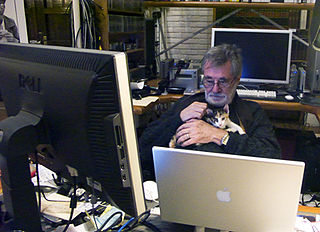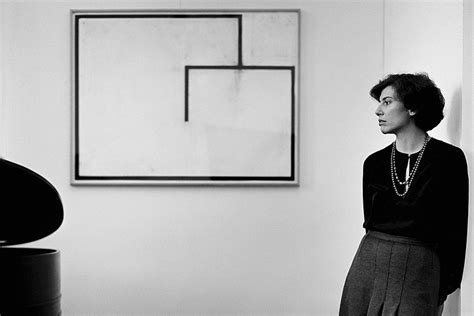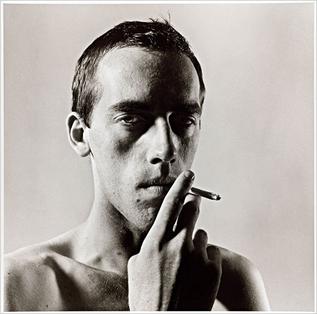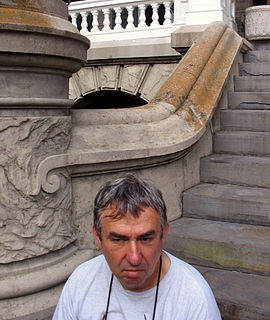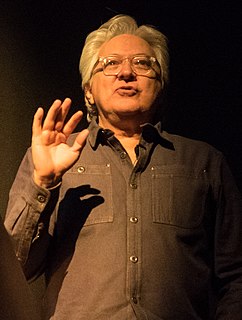A Quote by Pedro Meyer
The photograph as an objective representation of reality simply does not exist. The photograph does not explain to you what is going on to the left or to the right or above or below the frame. Oftentimes, it doesn't even explain to you what is going on inside the frame.
Related Quotes
It is the single image, as used in a photograph or a painting - or the frame of a film - to which words have been added to enlarge the context. The method is not the same as that by which most paintings are named. It is closer in its performance to what dialogue does to a movie, to what the caption does to a good poster.
How foolish of me to believe that it would be that easy. I had confused the appearance of trees and automobiles, and people with a reality itself, and believed that a photograph of these appearances to be a photograph of it. It is a melancholy truth that I will never be able to photograph it and can only fail. I am a reflection photographing other reflections within a reflection. To photograph reality is to photograph nothing.
Photography has always been capable of manipulation. Even more subtle and more invidious is the fact that any time you put a frame to the world, it's an interpretation. I could get my camera and point it at two people and not point it at the homeless third person to the right of the frame, or not include the murder that's going on to the left of the frame. You take 35 degrees out of 360 degrees and call it a photo. There's an infinite number of ways you can do this: photographs have always been authored.
Any photograph has multiple meanings: indeed, to see something in the form of a photograph is to encounter a potential object of fascination. The ultimate wisdom of the photographic image is to say: “There is the surface. Now think – or rather feel, intuit – what is beyond it, what the reality must be like if it looks this way.’ Photographs, which cannot themselves explain anything, are inexhaustible invitations to deduction, speculation, and fantasy
But the solution to the riddle of life and space and time lies outside space and time. For, as it should be abundantly clear by now, nothing inside a frame can state, or even ask, anything about that frame. The solution, then, is not the finding of an answer to the riddle of existence, but the realization that there is no riddle. This is the essence of the beautiful, almost Zen Buddhist closing sentences of the Tracticus: "For an answer which cannot be expressed the question too cannot be expressed. The riddle does not exist."
If you look at a photograph, and you think, 'My isn't that a beautiful photograph,' and you go on to the next one, or 'Isn't that nice light?' so what? I mean what does it do to you or what's the real value in the long run? What do you walk away from it with? I mean, I'd much rather show you a photograph that makes demands on you, that you might become involved in on your own terms or be perplexed by.
One of the magical things about photography is the transformation that takes place when you photograph something. Something that inherently has very little going for it in terms of the interest you take in it, can become infinitely more interesting when rendered as a photograph. It's no longer a building. It's a photograph.
